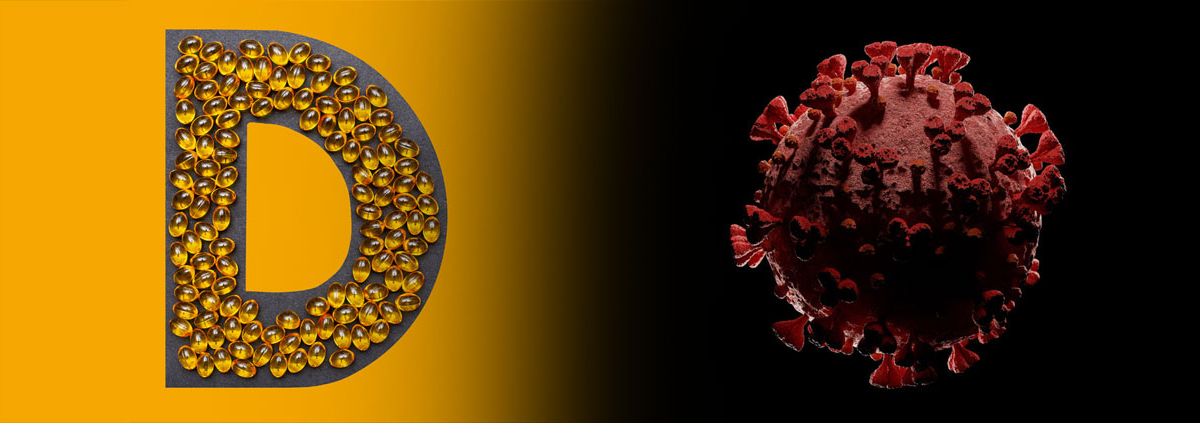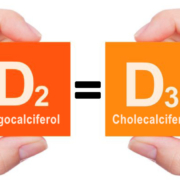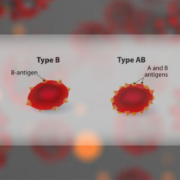New Research on Vitamin D and COVID-19
The research confirming the benefit of adequate levels of higher vitamin D (25-hydroxyvitamin D) blood levels keeps growing. In this Memo, I’m going to cover two of the most recent studies, both observational studies; the researchers were able to obtain vitamin D levels from medical records after subjects were admitted with COVID-19 infections.
Study One: Vitamin D and COVID-19
The first study was conducted at two medical centers in the Boston and New York City areas. Participants were hospitalized adults with confirmed cases of COVID-19 between February 1 and May 15, 2020; 144 patients, median age of 66, were included in the final analysis. Overall mortality for all subjects was 18%. However, in subjects with vitamin D levels greater than 30 ng/ML, the mortality rate was 9.2% versus 25.3% in those with vitamin D levels below 30 ng/ ML. The researchers concluded that patients with COVID-19 who had levels greater than 30 ng/ML had lower mortality rates and did not require mechanical ventilation to the same degree as those who did not have adequate vitamin D levels.
Study Two: Vitamin D and COVID-19
In the second study, researchers did a chart review of all COVID-19 patients over 18 who were hospitalized in a Boston Medical Center. All patients were positive for COVID-19 and had a vitamin D test in the prior year; 287 patients were included in the analysis. Of those, 14% of all patients died during the hospitalization; 100 out of the 287 had vitamin D levels greater than 30 ng/ML.
Focusing on those patients over 65, they found that patients with normal levels of vitamin D had a 67% decreased odds of dying, 78% decrease risk of acute respiratory distress, and 74% decrease in severe sepsis or septic shock. There was a similar relationship, even if subjects were obese as assessed by BMI greater than 30.0 kg/m2.
The Bottom Line
These two studies add to the body of work that suggest that adequate levels of serum vitamin D are essential for reducing symptoms and mortality for COVID-19, especially in those greater than 65 years of age. It does not mean that it’s time to start mega-dosing on even more vitamin D than you may be taking.
What it means is that you should get a vitamin D test to find out where you stand. We have no idea whether any of these people took vitamin D, and if they did, we don’t know how much they took. If you really want to age with a vengeance, then approach things in a stepwise manner. You don’t start on a solution before you know if you have a problem. So get a vitamin D test scheduled and then you can make an informed decision about whether you’re taking an adequate amount of vitamin D or you may need to up it a bit.
If you’re thinking, “Nah, COVID is almost gone,” think again. Yes, many of us are now fully vaccinated, but the new variants are so lethal that we can’t ignore them, and too many people seem to have “Superspreader” as their goal. Keep your defenses up, because you don’t want to be one of the very last people to die of COVID-19. Let’s finish this race strong—and then have a cook-out.
It’s time for spring break so Paula and I will be taking some time off. We’ll be back with the next Memo on April 13. Have a safe and healthy spring break and any holiday you may celebrate. What are you prepared to do today?
Dr. Chet
References:
1. Mayo Clin Proc. 2021. doi: 10.1016/j.mayocp.2021.01.001.
2. Endocr Pract. 2021. doi: 10.1016/j.eprac.2021.02.013.









